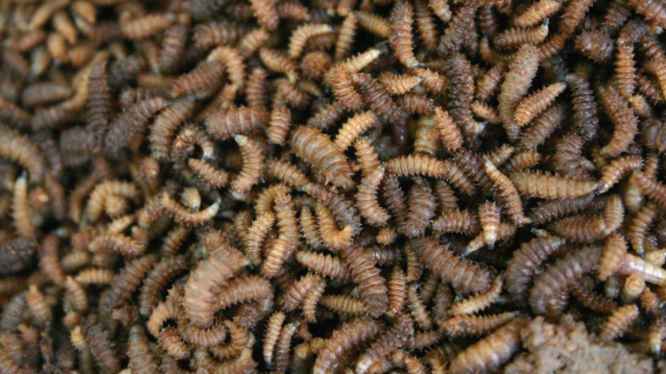Licorice has long been used for its medicinal properties and we love the flavor in those long, twisted strands of black and red candy! But is licorice safe for dogs to eat?
Connect with a verified veterinarian in minutes. Licensed vets are available 24/7 to answer your questions. No need to worry about your furry family member.
What is in Licorice?
Licorice is a flowering plant that is part of the bean family! The root of this plant has a sweet flavor and smell and is where licorice extract comes from. The extract is used to flavor all types of goods including candy, tobacco, and more.
Licorice extract has also been used as medicinal herb for thousands of years in traditional medicine. This extract is sometimes used to treat indigestion, acid reflux, bacterial & viral infections, to soothe sore throats, and more.
Glycyrrhizin: Toxic at Excessive Levels for Dogs
There’s a substance called glycyrrhizin, which can act similar to a corticosteroid medication. That is glycyrrhizin has some anti-inflammatory properties. It’s for this reason that licorice is sometimes recommended as an anti-inflammatory treatment for health issues including arthritis and allergies.
In small amounts, glycyrrhizin is safe; however, in large amounts this substance can be toxic. In both people and dogs, glycyrrhizin can case serious health problems including:
- Kidney problems
- Heart issues
- High blood pressure
- Edema
- Weight gain
- Weakness
- Fatigue
- Shortness of breath

Review symptoms, medications & behavior to keep your pets healthy with a Vet Online in just minutes.
Ask a Vet Live NowCan My Dog Eat Licorice?
The short answer is no. The reason is that licorice candy contains glycyrrhizin, food colorings, sweeteners, and more. Glycyrrhizin in small amounts probably won’t hurt your dog; however, some dogs that are sensitive to this ingredient could experience health issues.
When we saw “a small amount” there is no definitive measure of this. In other words, if a small dog has one piece of licorice, it could be enough to make them very sick if they’re sensitive to the ingredients. On the other hand, for a large dog, one piece probably won’t have too much of an effect. Eaten in large amounts, licorice can cause problems for dogs of any size.
Another issue with licorice is the candy contains sugar or xylitol. Too much sugar can cause weight gain, obesity, tooth decay, and even lead to diabetes. Xylitol is a substance that is a known toxin for dogs. A small amount of sugar every once in a great while is probably OK. However, it’s never OK to give your dog xylitol.
What Happens If my Dog Eats Licorice?
If your fur baby has only had one, very small piece they will likely be OK. However, if your dog has eaten more than that then it’s they could experience:
- Vomiting
- Diarrhea
- Nausea
If your dog has eaten the entire package (minus the wrapper), then it’s a good idea to call the vet right away. The vet will have the best advice on the next steps to take for your dog.
While licorice as a once in a while treat may be OK in very small portions, feeding licorice to your dog on a regular basis could make them very sick, or lead to other serious health conditions.
Connect with a verified veterinarian in minutes. Licensed vets are available 24/7 to answer your questions. No need to worry about your furry family member.

Julie
Julie is a graduate of the University of North Carolina, Wilmington, where she studied Animal science. Though contrary to the opinion of her parents she was meant to study pharmacy, but she was in love with animals especially cats. Julie currently works in an animal research institute (NGO) in California and loves spending quality time with her little cat. She has the passion for making research about animals, how they survive, their way of life among others and publishes it. Julie is also happily married with two kids.
Review symptoms, medications & behavior to keep your pets healthy with a Vet Online in just minutes.
Ask a Vet Live Now




